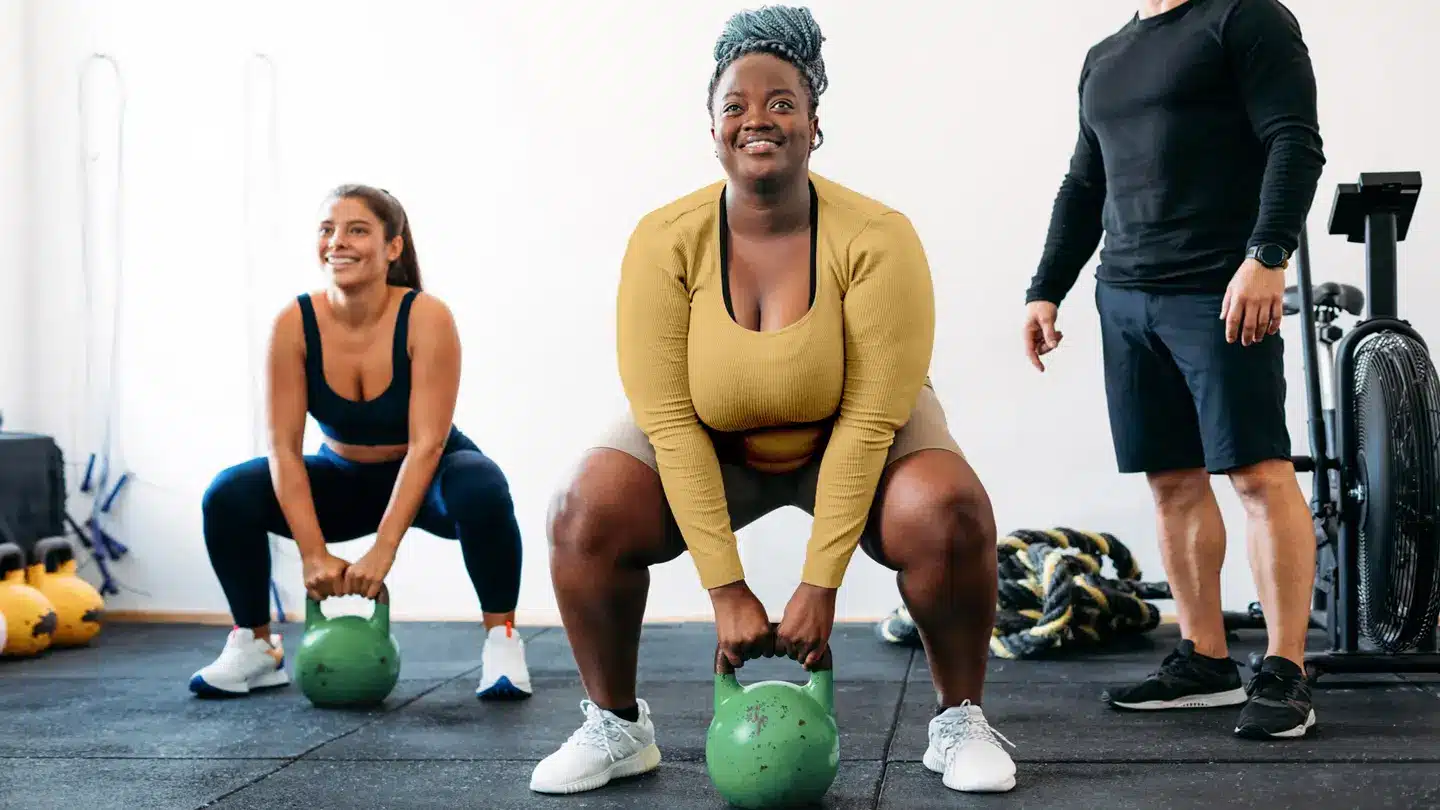To get started with resistance training, you should create a 7-day workout schedule that involves starting with basic exercises that target the major muscle groups, ensuring enough recovery time, and gradually increasing intensity. This plan is designed for beginners and is dependent on having access to basic gym equipment or similar items at home. If you’re not familiar with any exercises, it’s best to consult a fitness professional for proper form, as it’s crucial to prevent injury.
Day 1: Full Body
- Bodyweight Squats: 3 sets of 10-12 reps
- Push-ups: 3 sets of 8-10 reps
- Dumbbell Deadlifts: 3 sets of 10-12 reps
- Plank: 3 sets, hold for 30 seconds each
Day 2: Active Recovery
- Light walking or cycling for 20-30 minutes
- Stretching or yoga focusing on flexibility and mobility
Day 3: Upper Body
- Dumbbell Bench Press: 3 sets of 10-12 reps
- Bent-over Dumbbell Rows: 3 sets of 10-12 reps each side
- Dumbbell Shoulder Press: 3 sets of 10-12 reps
- Tricep Dips: 3 sets of 8-10 reps
Day 4: Rest
- Complete rest or gentle stretching
Day 5: Lower Body
- Lunges: 3 sets of 10 reps each leg
- Goblet Squats: 3 sets of 10-12 reps
- Glute Bridges: 3 sets of 12-15 reps
- Calf Raises: 3 sets of 15 reps
Day 6: Core and Stability
- Plank: 3 sets, hold for 45 seconds each
- Side Planks: 3 sets each side, hold for 30 seconds each
- Russian Twists: 3 sets of 15 reps each side
- Bird Dogs: 3 sets of 10 reps each side
Day 7: Active Recovery
- Light walking or cycling for 20-30 minutes
- Stretching or yoga focusing on flexibility and mobility
Notes:
- Warm up for 5-10 minutes before each workout with light cardio (e.g., walking, jogging) and dynamic stretches.
- Cool down after each workout with 5-10 minutes of light cardio to lower your heart rate and static stretches to improve flexibility.
- Listen to your body and adjust the intensity of the workouts according to your fitness level.
- Ensure you’re getting adequate protein and overall nutrition to support muscle repair and growth.
This plan is a starting point. As you progress, it is possible to increase the weight, reps, or sets, or incorporate new exercises to keep challenging your muscles and avoid plateaus.
Also Read: LA Ethics Panel Slams Door on Fine for Ex-CBS Boss Moonves in Police Probe Tangle




